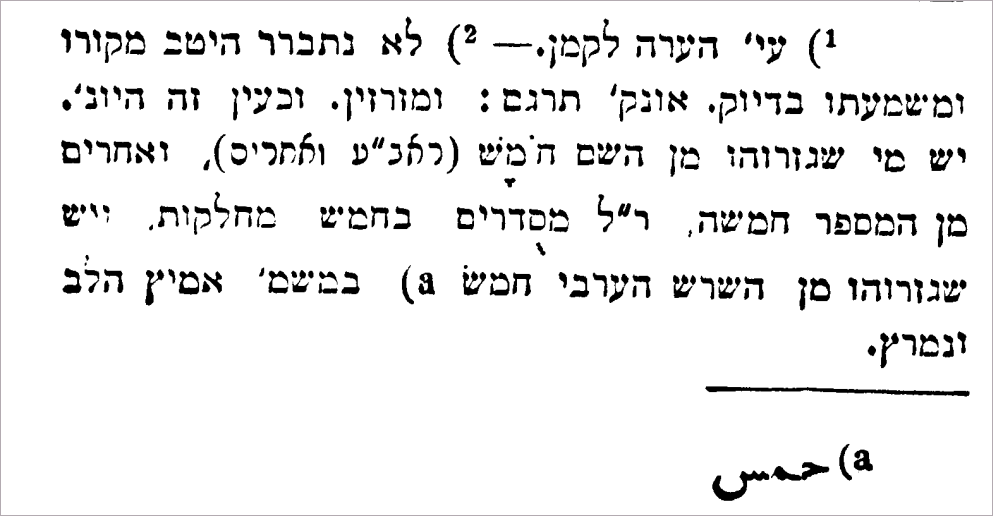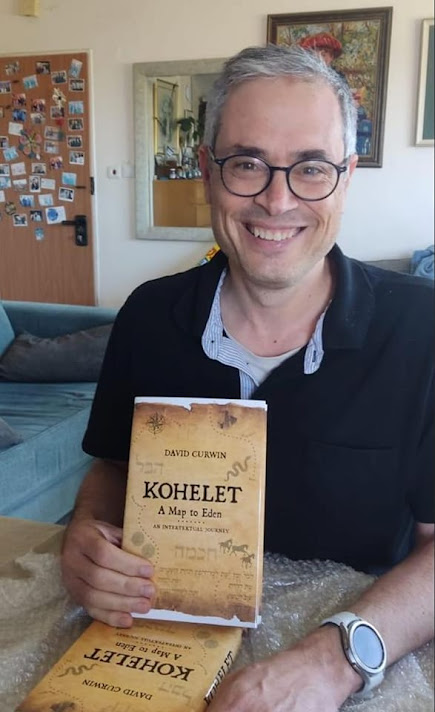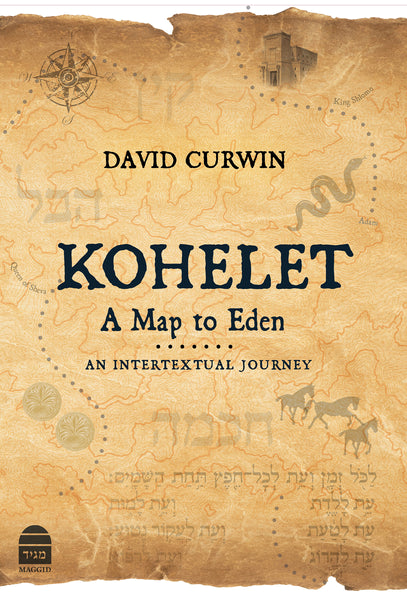What is the origin of the word andarta אַנְדַּרְטָה - "monument, memorial"?
The word first appears in rabbinic Hebrew, where it was spelled אַנְדְּרָטָא. The meaning in those sources in the Talmud, midrashim, and Targumim is "statue" and usually had the negative associations with idolatry and worshipped statues of emperors and kings.
That original meaning is reflected in the etymology as well. Here's Klein's entry:
PBH, respectively NH feminine noun. statue, image, bust. [Gk. andrias, genitive andriatos (= the image of a man, statue), from aner, genitive andros (= man), which is cognate with Old Indian náram (= man), na’ryaḥ (= virile). compare דֶּנֽדִּי and the first element in אַנְדּֽרוֹלוֹמוּסְיָא, אַנְדּֽרוֹמֶדָה and in אַנְתּֽרוֹפּוֹלוֹגֽיָה.]
But did you notice that Klein only gave the definitions "statue, image, bust"? Those are indeed the meanings found in rabbinic Hebrew, as we mentioned. But why not "monument, memorial"? Here Klein is likely following Ben-Yehuda, who has no entry for andarta in the dictionary compiled in the first half of the 20th century. So when did it take on its current meaning?
Both the linguist Ruvik Rosenthal and the columnist "Philologos" wrote about this.
Philologos writes :
With the end of Greco-Roman antiquity — and with it, the custom of publicly displayed royal statuary — the word andarta
disappeared from the Hebrew language. In the first volume of Eliezer
Ben-Yehuda’s monumental Dictionary of the Hebrew Language, which came
out in 1908 and included all Hebrew words starting with the letter alef, andarta
did not even appear. The first prominent modern memorial to fallen
Jewish heroes in Palestine, Abraham Melnikov’s 1934 statue of a roaring
lion, commemorating the pioneers who died in the 1920 battle of Tel Hai
in the Galilee, was not called an andarta, either. It was referred to as a matseva — a word traditionally designating the headstone on a grave.
It is hard to say just when andarta entered Hebrew as the
accepted word for a war memorial of the sort found all over Israel
today. The earliest documented use of it is, oddly, in some light verse
published in 1950 by Nathan Alterman, a leading 20th-century Hebrew poet
with a strong grasp of Jewish sources. Reacting to a government refusal
to cancel purchase taxes on books and paper because they were not
considered crucial commodities, Alterman wrote that if this was the
official attitude, it was time to erect an andarta shel even, “a stone monument,” to the printed word. Perhaps it was he who reintroduced andarta to modern Hebrew; perhaps there were others before him.
Rosenthal notes that the new meaning (along with the modern spelling) began after the founding of the State of Israel, when people began commemorating the many fallen soldiers in memorial monuments. He adds that in 1952, in the journal Leshonenu La'am, a reader asked about the origin of the word andarta, noting that it was recently being used to describe memorials. In response, the linguist Eli Eitan wrote that the new use of the word was objectionable, since the memorials weren't statues of people, and so better alternatives would be the Hebrew words מצבה matzevah or יד yad.
Neither columnist, however, really explains why this new meaning of andarta was introduced and became so popular that it overruled the objections of official linguists.
My theory is one that I've mentioned many times. Just as nature abhors a vacuum, the Hebrew language abhors synonyms. When two words have the same meaning, one will begin to take on a new meaning, particularly one that there's no good match for at the time.
It's true that the original meaning of andarta was "statue." But Hebrew already has its own word for statue - pesel פסל. And yes, as Eitan noted there are already words for monument - matzevah and yad. Yet the common meaning of matzevah is "tombstone," not the more general "monument". And while yad does mean "memorial" (as in the biblical source of the name of the museum Yad Vashem), certainly the word yad is overwhelmingly associated with its primary meaning, "hand."
So when some clever individual (or individuals) saw that andarta was up for grabs, they "converted" it into its modern meaning of "memorial monument of a person or event". Nothing unusual here - that's just how language works!





